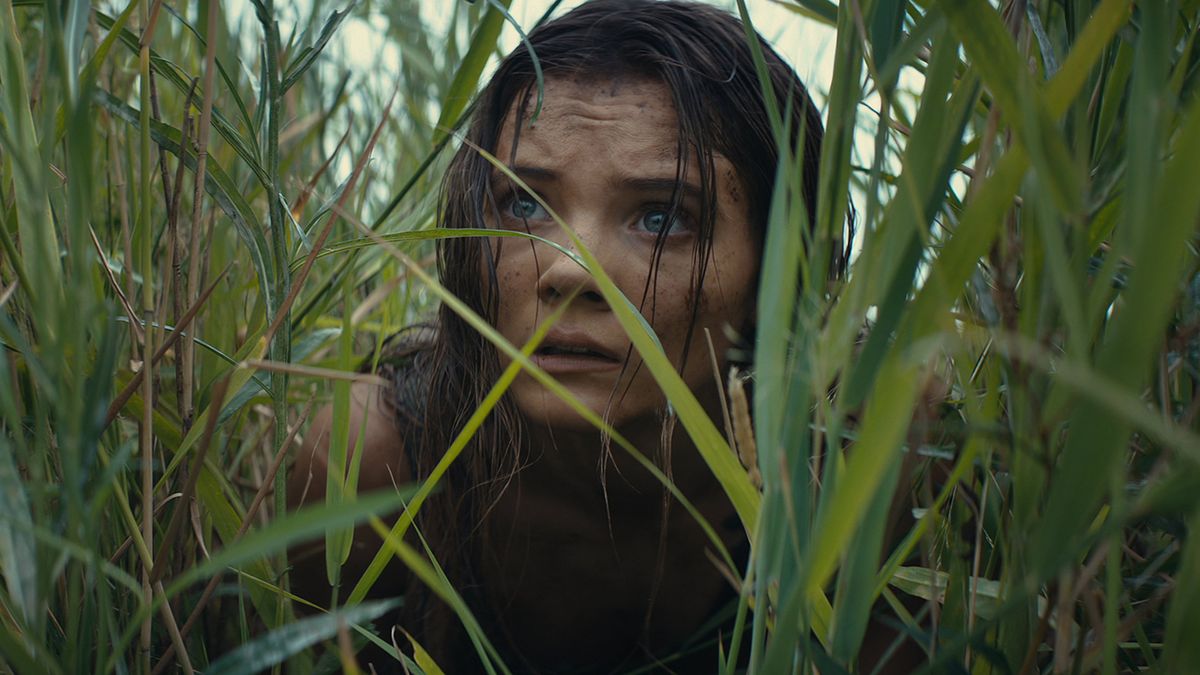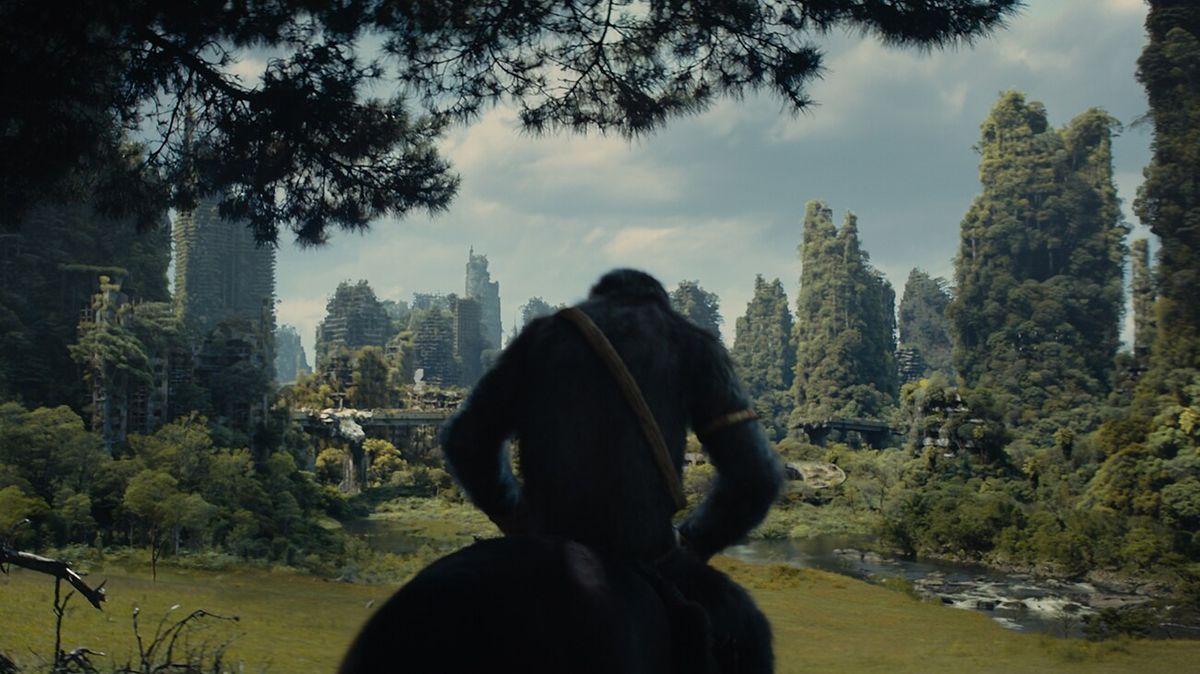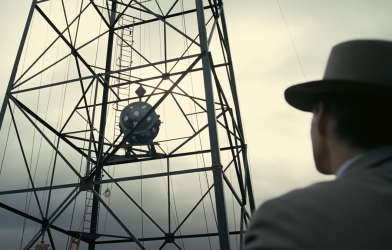Kingdom of the Planet of the Apes is the latest installment in this impressively resilient film franchise. Yes, six decades after astronaut Charlton Heston’s confounding crash-landing in 1967’s Planet of the Apes (based on the novel by French writer Pierre Boulle), itself spawning four sequels and a TV series, and inspiring both Tim Burton’s disappointing 2001 “re-imagining” and the recent, vastly better blockbuster trilogy, the intelligent apes saga proves it still has legs.
In story terms, director Wes Ball’s new film is a sequel to that trilogy and takes place “many generations” after the climax of 2017’s War for the Planet of the Apes, which saw rebel ape leader Caesar finally expire after leading his simian followers, Moses-like, to their promised land. The new film has a fresh protagonist in chimpanzee Noa (played in a motion-capture performance by Owen Teague), a spirited, naive young member of a peaceful ape clan that rears eagles as companions and hunting aids. Noa knows nothing of Caesar’s existence but when violent and tragic events propel him on an epic journey, he encounters figures for whom Caesar is a vitally important legend.
Wise orangutan Raka (Peter Macon) is keeping alive Caesar’s message of compassion and mercy, but brutal ape tyrant Proximus Caesar (Kevin Durand), set on building his own imperial kingdom, is ruthlessly distorting Caesar’s teachings, including his primary commandment: “Ape not kill ape.”
Internecine conflict between apes has been an important component of previous Planet of the Apes films, but in all of them, it has been the conflict between apes and humans that has ultimately driven the plots. Centuries after the events of the previous three films, apes only know of humans as slow-witted scavengers.
That is how Noa first regards the seemingly feral young woman (Freya Allan) who, in the early stages of his quest, appears to be doggedly following him. Dubbed Nova (a nod to Amiah Miller’s mute human child figure in War for the Planet of the Apes), Allan’s character soon proves to be a great deal sharper than that.

One of the most striking aspects of the previous three Planet of the Apes films is that in each, apes have occupied the moral high ground, not humans. That said, it’s been a weakness of those films that time and again some of the human characters have had to behave like chumps before the chimps gained the upper hand. Unsurprisingly, despite the films’ differing scenarios, we the viewers have always ended up rooting for the apes.
Another feature of the films is the unnerving way they have tapped into the anxieties of the eras in which they were made — from racial unrest, Vietnam guilt and Cold War fears in the 1960s through to prescient alarm over the perils of man-made viruses in 2011’s Rise of the Planet of the Apes. The new film’s concerns include the evils of empire-building and the humane treatment of other species but they don’t resonate quite as much as those underlying the predecessors. Nor does it work as an allegory of human arrogance and folly.
Where Kingdom of the Planet of the Apes does score is in its being a wildly exciting adventure. An early scene in which Noa scales the overgrown ruin of a towering skyscraper to find an eagle’s egg bursts with vertiginous, sweaty-palmed thrills and spills, while later episodes of pursuit and flight deliver pulse-raising, edge-of-seat tension. Ball, best known for the post-apocalyptic Maze Runner trilogy of teen fantasy adventures, handles all this with impressive verve.
Meanwhile, the tech wizards at Wētā FX, Peter Jackson’s New Zealand-based special effects company, continue to pull off dazzling feats of CGI brilliance. The film aces its motion-capture performances, too, although the danger is that viewers will take such feats for granted. In the previous three films, Andy Serkis, the doyen of mo-cap acting, gave the character of Caesar incredible emotional depth, but Kingdom’s young protagonist Noa lacks the complexity to give Teague even a chance of rising to the same heights.
Kingdom of the Planet of the Apes is in theatres now.









